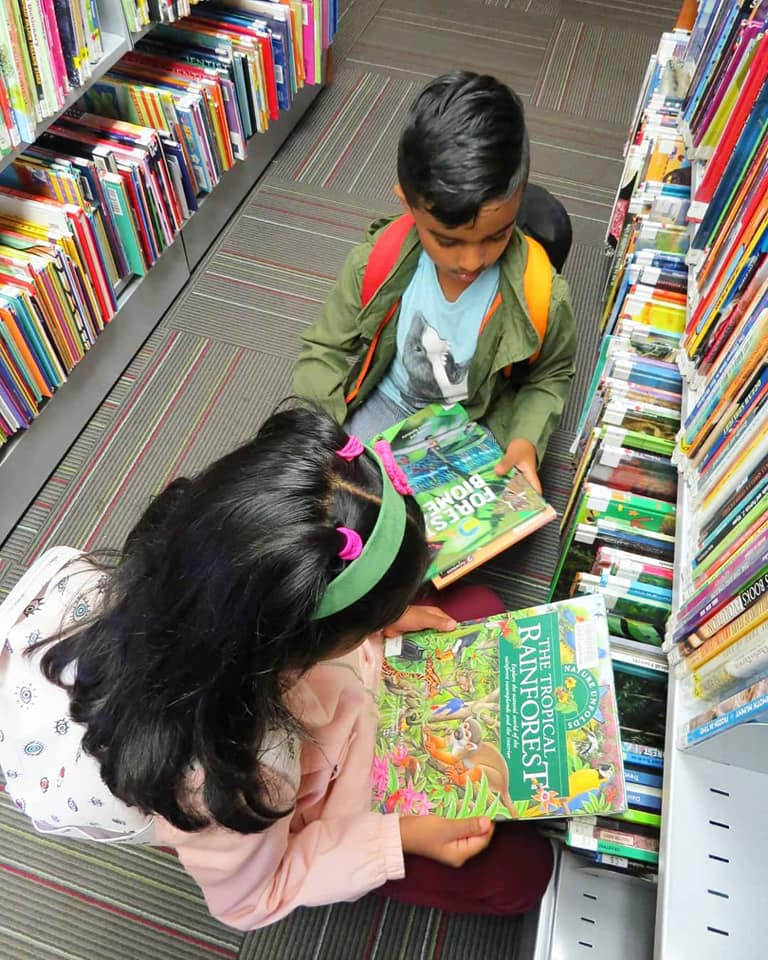The second most popular question I received about homeschooling was in regards to socialization so I’m sharing my thoughts on that in this post. To begin, socialization is essentially social interaction but it also refers to understanding how to navigate society and learning to be part of a community. Many people, including my parents, believe school, through peer interaction, is a vital component of socialization. However, I believe socialization is something that is best learned through life experiences surrounding the parent and family unit, as well as through interaction with various age groups.
Children at school are grouped by age so they interact mainly with the peers in their class. Although they may not have much in common with their peers, social pressure is high enough that kids feel like they need to look, sound, and essentially be the same in order to fit in. It comes at the risk of forgetting their own identity or worse, not discovering it at all. The ones that seemingly cannot fit in are subjected to ridiculing. Kids are exposed to competition, rivalry, jealousy, bullying, and negative influences from a young age and that takes away from a positive learning experience and children reaching their potential.
It’s important to recognize that the socialization that occurs at school is not always positive. Infact it can be harmful to mental and emotional well-being especially when most of today’s society, including children, are controlled by the music and fashion industries. Multiple studies show that because homeschoolers are shielded from negative influences, they exhibit higher self-confidence, self-worth, self-respect, and self-discipline. This results in an independent thinker; one who isn’t so influenced by peers and one that has the ability to face the world better and that’s precisely what I want for my kids.
Socialization, much like learning and life, occur on a daily basis. How you as a parent interact with your children plus their perception of how you interact with others outside of the home, teaches kids a great deal about socialization. Contrary to popular belief, homeschoolers are not confined to their table from 9AM to 3PM, within the four walls of their homes. They will have opportunities to interact with peers their age with similar interests via extracurricular classes, trips, library visits/programs, workshops, play dates with friends, and volunteering.
Akshaya and Udayan are enrolled in dance, gymnastics, and soccer for the year. We will take part in the library’s STEAM program. We will participate in a weekly drop-in sports program for home-schooled children within the GTA, which a fellow homeschooling follower informed me about. We will be going on field trips with other homeschooling families, allowing opportunities for learning as well as socializing. As mentionned before, this is something I’ve thought over extensively before committing to and although a decision like this may not be suitable for all, I know it will be beneficial for my children.




